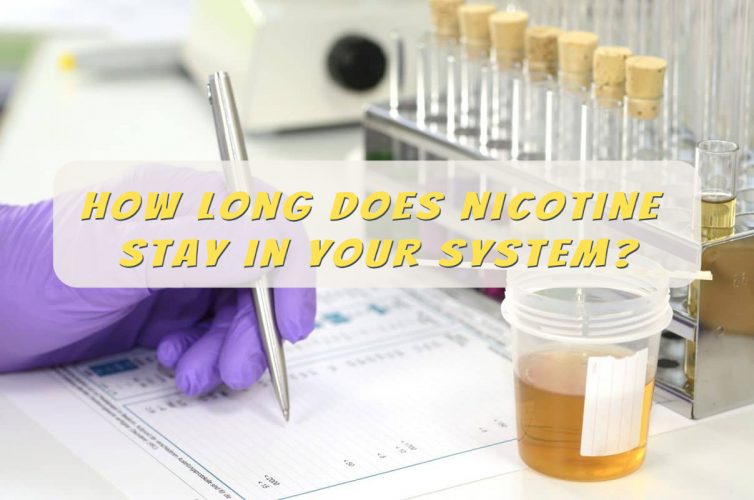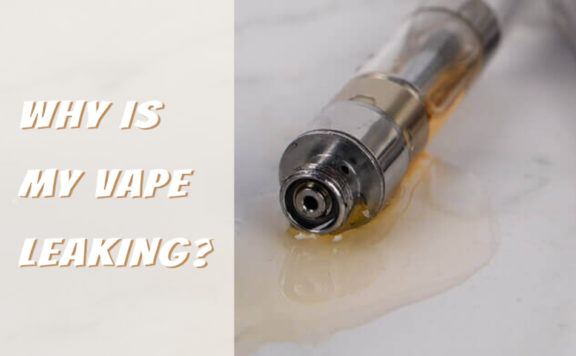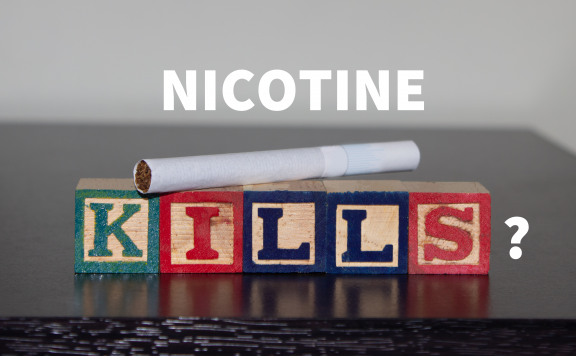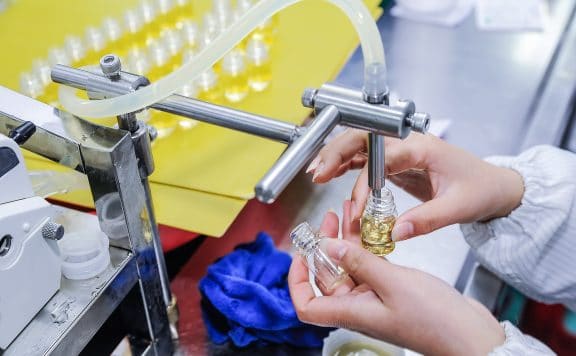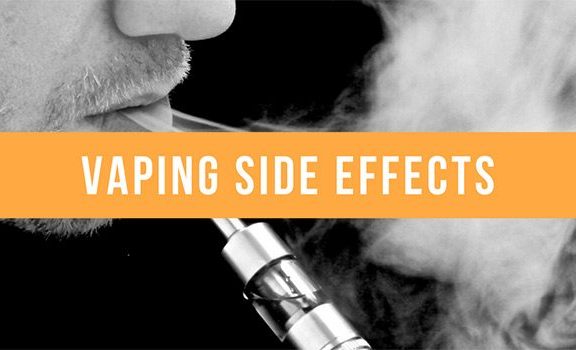Every moment you take drags from a burning cigarette or consume tobacco, you absorb nicotine into your bloodstream. Nevertheless, do you know typically how long does nicotine stay in your system? People are increasingly interested in this question when considering the health insurance, or even for employment purposes sometimes.
Even though it’s unfair, several health insurance institutions and companies fail to distinguish between individuals who use safer forms of nicotine, such as vaping products or smokeless tobacco, and typical smokers. Additionally, employers commonly consider nicotine gum, which is recognized by the FDA for the safety of long-term usage, as a risky product likely to cause higher insurance costs.
Given the circumstances, it’s necessary to know about the time frame for nicotine remaining in your system if you wish to step off unwanted problems. This guide will uncover the secret of it.
Table of Contents
What Happens When Nicotine Enters Your Body?

It`s difficult to detect nicotine in your blood after three days even though there are various types of nicotine tests, blood tests included. For urine tests, it’s impossible that nicotine will still show in your urine after around four days. Hence, large majority of insurers actually don’t care about how long nicotine stays within one’s body.
After nicotine is absorbed into your bloodstream, enzymes in your liver break down most of the nicotine down into Cotinine. The amount of cotinine will increase with the amount of nicotine you take. Eventually, these substances are eliminated through your kidneys as urine. The real problem is that current tests can identify cotinine in your body even after up to three weeks. The duration that cotinine remains in your system varies with your gender, ethnic background, diet, and medications used. Men generally show higher levels of cotinine than women, while it depends.
Factors Influencing How Long Nicotine (Cotinine) Stays in Your System
- Genes: The metabolism of every individual is different hence their efficiency of breaking down cotinine also varies. For instance, the CDC advocates that non-Hispanic black people take less time to metabolize cotinine when compared to non-Hispanic white people.
- Age: Your system will need more time to break down nicotine if you are 65 and over.
- Nicotine Intake: Depends on how much tobacco you smoke. The amount of nicotine you consume leads to more cotinine in your body.
- Diet: Eliminating nicotine varies with the functioning of your liver and thus having healthy diet and keeping your liver well-functioning can also make a difference.
- Kidney Function: Your body will require more time to process cotinine if you are suffering from kidney failure or having kidney complications.
4 Common Tests for Detecting Nicotine
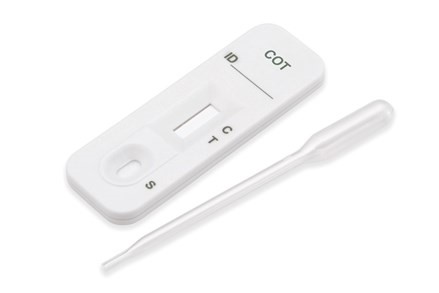
1. Saliva Testing
Recently several institutions have preferred saliva testing since they are affordable, easy to conduct, and also sensitive. Labs normally send a full testing kit to employers so they can carry out the testing on their own. Then you won`t need to worry about spending time heading for a lab.
2. Urine Testing
This is also a sensitive means of detecting cotinine remaining in your body. Generally, urine carries much more cotinine, as high as six times, than saliva or blood. For that reason, it`s a brilliant method of identifying lower cotinine level. Additionally, urine test is really easy. Just put a test strip in your urine for a couple of minutes. Afterward, the test will deliver a result within two minutes. You can finish the test anywhere from home to the office.
3. Blood Testing
Blood tests are the most regular tests used to detect cotinine and they are also the most accurate tests. Even so, it`s also the most expensive and most invasive test, however, some institutions do not mind the added stress to make sure they have accurate results. Blood testing needs a trained technician to complete the process. You will also have to attend a lab. Nevertheless, there are two types of blood tests for cotinine; a straightforward positive/negative test or a test to specify the total level of nicotine in your blood. All the same, these tests are expensive, often stressful but accurate.
4. Hair Testing
This is perhaps the least common method of testing for cotinine since it`s the slowest, most challenging, and most pricey. A company may only order hair testing if the results of a test are suspicious or unclear.
How to Avoid a Positive Test?

Numerous institutions claim to have eliminated nicotine from your system, however, their reliability is actually uncertain. Luckily, many smokers will get negative results after 1-2 weeks. Then, as long as you stop smoking for a while before the test, you’ll be okay.
Some people also think about spending money on nicotine cleansing products to avoid a positive test. The choice is yours, however, we’d suggest another way—drinking lots of water—which is as effective and saves you money.
Here’re some more tips for you:
- Workout: Exercise is a brilliant way to remove nicotine faster.
- Taking foods with high antioxidants: such as dark chocolate, blueberries, strawberries, and pecans can eliminate nicotine and cotinine from your system quicker.
- Drinking water: This is one of the best methods to get nicotine out of your system. Women should drink approximately 2 liters of water everyday and men should drink 4 liters.
Common Side Effects of Nicotine Withdrawal
When you have a nicotine test around the corner and require eliminating nicotine from your system, some unwelcomed side effects might come to you. Note that, alike any drugs, nicotine is addictive and leaves a sluggish feeling when you stop using it.
For this reason, several people reduce the nicotine intake progressively rather than throw themselves in abrupt detoxification. Unluckily, a slow detox can’t be a solution when you’ll have a nicotine test very soon.
The side effects of nicotine withdrawal include:
- Fatigue
- Concentration difficulty
- Increased hunger
- Nausea
- Bad headaches
- Diarrhea
- Anxiety
- Irritability
- Constipation
- Insomnia
- Depression
These symptoms are likely to start within the first three hours after you take the last puff on your cigarettes or vapes. And the duration and severity of your symptoms depend on multiple factors, such as age, nicotine dosage and the type of nicotine product you consume.
If you’re suffering from terrible side effects of nicotine withdrawal, try some nicotine patches. They can effectively ease the symptoms and keep you from backsliding to cigarettes.
Final Thoughts
It`s difficult to give an accurate answer about how long does nicotine stay in your system. There’re plenty of variables that might cause a change, including your system condition, your nicotine intake, and the nicotine test you take.
To avoid testing positive, the best possible way is to stop consuming nicotine for at least two weeks before your test. That can reduce the likelihood of a positive test greatly. Also do more exercises and drink enough water.

